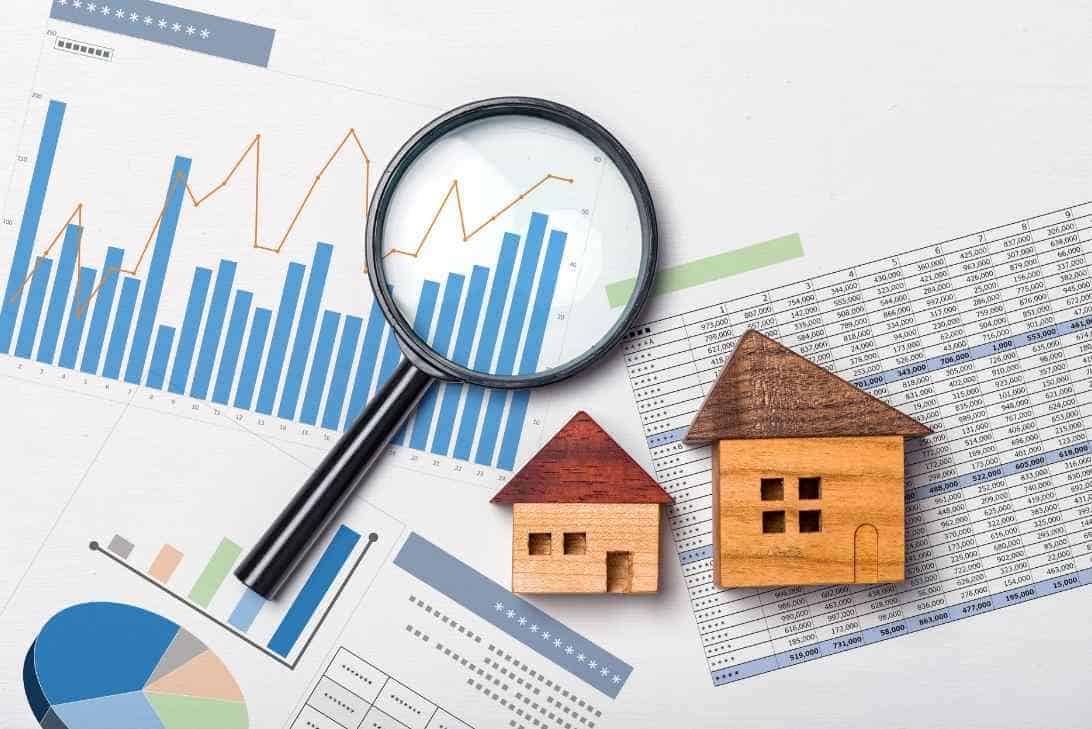
In most businesses, after a sale has been sealed, you expect a payment after the invoice is sent out, within a certain time frame specified in that invoice. In the Real Estate world, between the lessors and lessees, no invoice is sent out every month as a request to the lessee to pay his rent. Instead, within the terms of a pre-arranged contract, rents are due periodically. This means the tenant has to, contractually, remember to pay the rent. Tenants often, but not always, choose to use a standing order to settle these payments.
So, when a rent due does not come in, and a lessor is not getting paid, is it just an oversight? What chances are there to recover that rent? When could it be expected? Is this just a one-time mistake?
Using past data about the tenant as information to understand what’s going on can greatly increase the chances of a successful collection strategy.
Accumulated data stored in aging schedules and other spreadsheets could practically tell the whole story. But within an industry which, for the most part, has disregarded the need to step up its game in terms of digitalization, the challenge is to dive in the data – and find the answers. Done manually, it’s just too much, too long, too complicated.
Because of a lack of digital solutions dedicated to the financial aspects of the Real Estate sector, many companies still work with homegrown solutions, more often than not, unreliable, unstandardized and incredibly time consuming for the department in charge of collecting rent and financial reporting.
However, the so-called comfort of a homegrown solution has led many Real Estate companies to ignore the potent value of the information they have in store, accumulated over the years.
They should change their mind about this, dive in and use the data.
Digital tools powered by Artificial Intelligence turn years of accumulated data into reliable, actionable and useful information: they enable companies to anticipate their clients’ or tenants’ payment behaviors. With this knowledge, lessors are equipped to select the collection strategy best suited to their needs – and increase chances and speed when it comes to recovering their due.
Because they’re automated, these software release huge amounts of time and resources for the departments in charge of collection and financial reporting.
Because they’re in real-time, they take into account the latest developments so every action is effectively impactful.
Because they’re predictive, the potential is to solve the payment issue even before it arrives.

